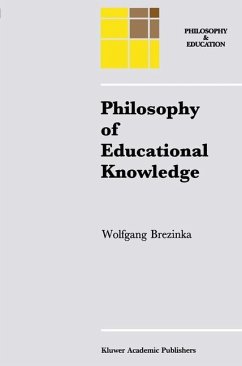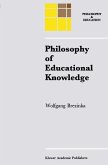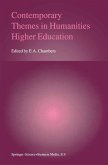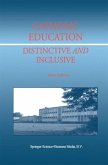For two reasons, we are particularly proud to include Wolfgang Brezinka's Philosophy of Educational Knowledge in this series of books on Philosophy of Education. Thefirst is the philosophicalinterestoftheworkitself-its remarkablescholarship and the importance ofthe philosophical positionswill beobvious to allreaders. The secondisthat it brings to the English-speaking world a wonderful example ofeducational philosophy as now being practiced in the German-speaking world. All too often philosophers in the Anglo-American tradition have not seen the sort of perspective on educational thinking that infuses this work. And since this book has been widely read in its original version, it has had a considerable impactupon philosophy ofeducational research and science in the German-speaking countries. An understanding of this may help in the development of evenmore cooperativerelations amongstudentsofeducationin all countries. C. 1. B. Macmillan D. C. Phillips PREFACE TO THE ENGLISH EDmON '1 am not unmindful how little can be done... in a mere treatise on Logic, or howvague and unsatisfactory all precepts of Method must necessarily appear, when not practically exemplified in the establishment of a body of doctrine. Doubtless, the most effectual mode of showing how the sciences... maybe constructed,would be to construct them". JOHNSTUARTMILL (1843)1 Parents have a duty to educate their children, teachers to educate their pupils. For this reason there is widespread interest in education. Knowledge of education has long beenoffered under names like"pedagogics", "pedagogy"or"educational theory". Originally this meant practical knowledge based on common sense. Since the Enlightenment, however, attempts have been made to acquire scientific knowledge of education.
Hinweis: Dieser Artikel kann nur an eine deutsche Lieferadresse ausgeliefert werden.
Hinweis: Dieser Artikel kann nur an eine deutsche Lieferadresse ausgeliefert werden.








